We need to talk about death
NHS Somerset’s LeDeR team commissioned a film made with those with learning disabilities and autistic people to talk about death and dying. Watch it here.
Commissioned by NHS Somerset, biggerhouse film, worked with a group of adults with learning disabilities from My Day Care Services to produce this film called "We need to talk about death".
The film aims to help remove the taboos that often arises around talking about death and dying and open up conversations with carers, family and friends.
It covers issues such as:
- What are other words for death and dying?
- Why don’t people like talking about death and dying?
- What is a good life?
- What are 3 things you would like to do before you die?
The actors were involved in a series of workshops to develop the storylines for the film as well as acting in the film. (The main films and shorter films all have a BSL, and audio described versions).
All the films have a BSL and audio described versions.
What are other words for death and dying?
Why don't people like talking about death and dying?
What is a good life?
What are three things you would like to do before you die?
The cast
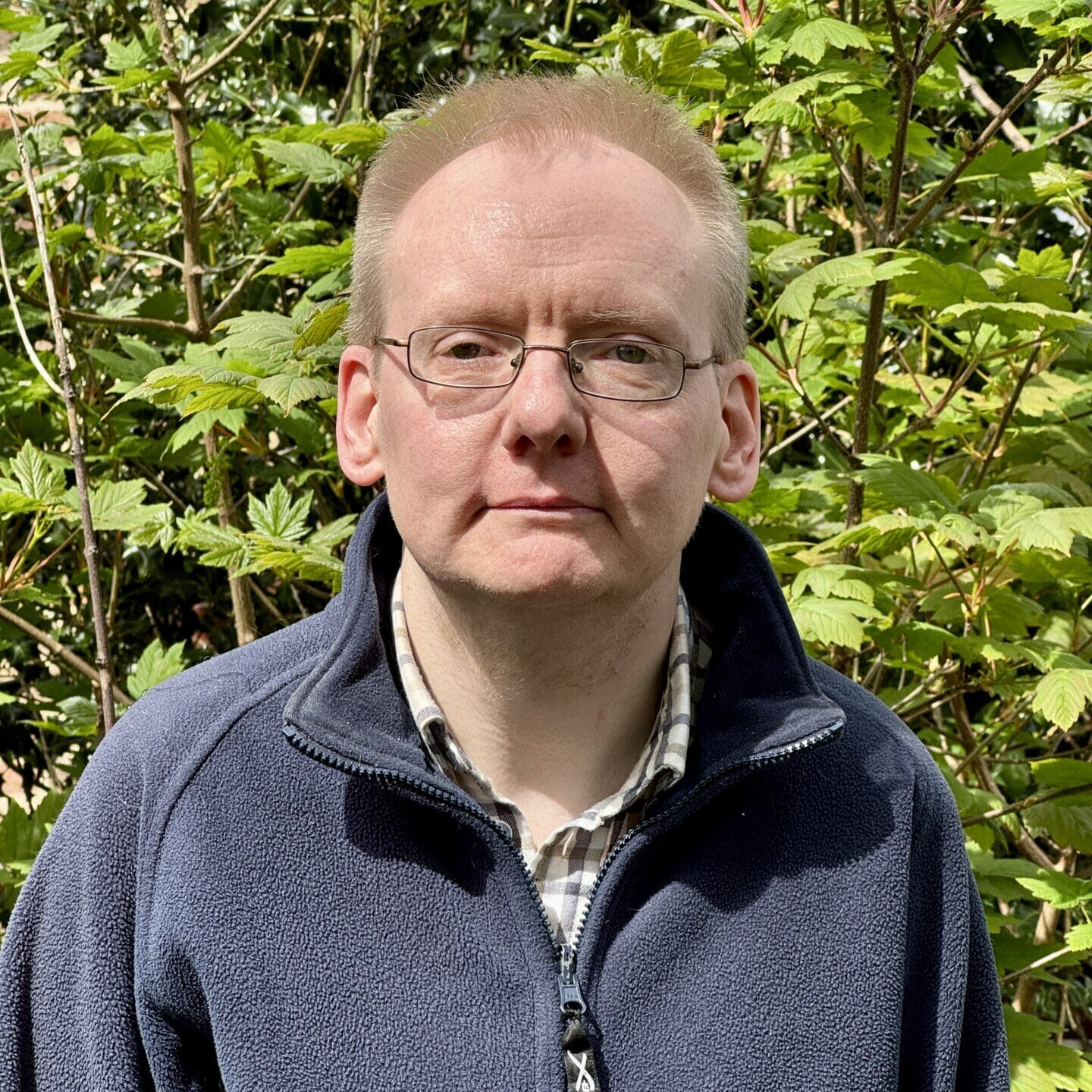
Oliver Stuckey, 44, Taunton
Oliver lives independently, attends My Day Care Services 1 day per week which he started during lockdown during the pandemic because he was suffering with his mental health. Ollie feels that taking part in the film, gave him an opportunity to come out of his comfort zone, and gain more confidence doing new things.
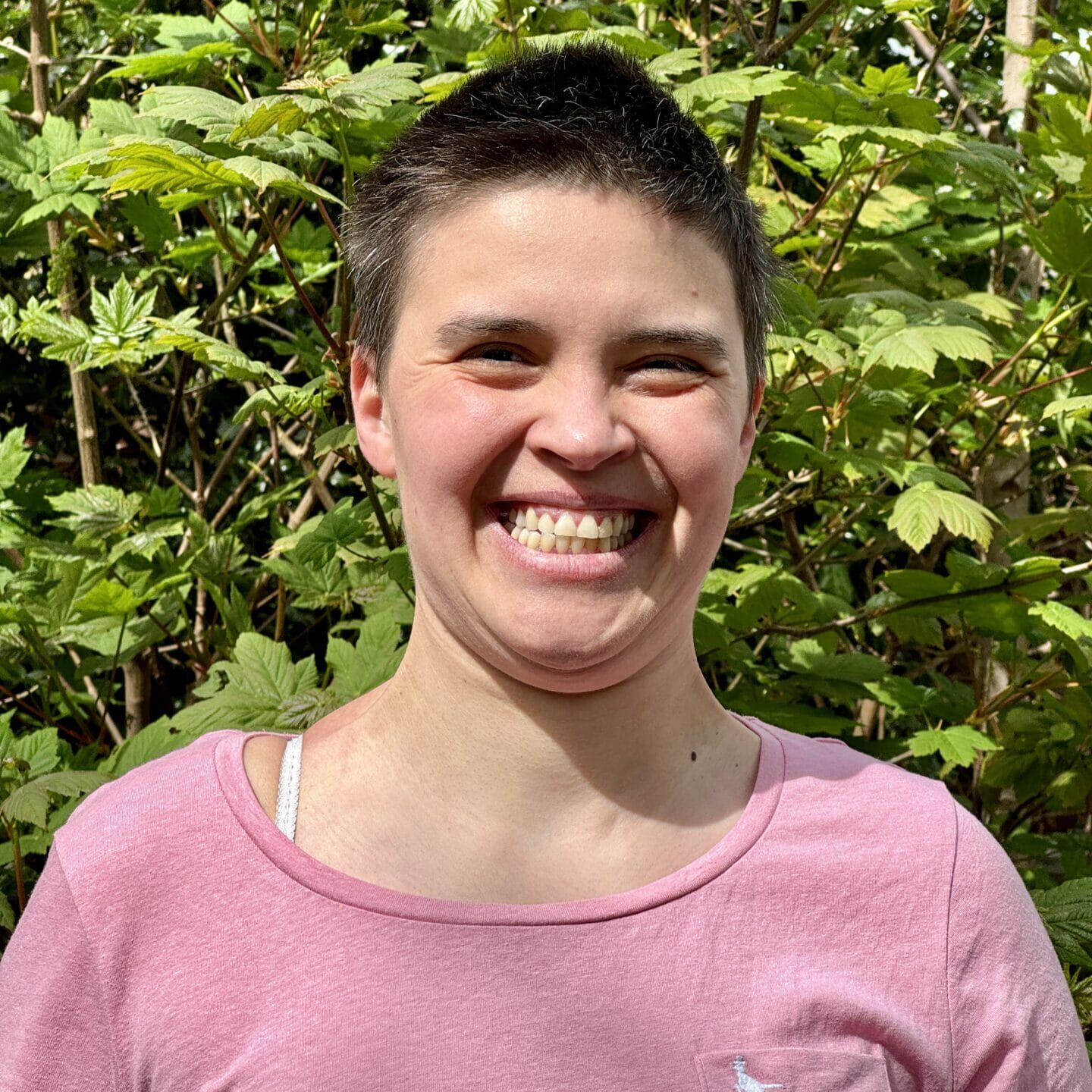
Melissa Foster, 32, Taunton
Melissa lives in Taunton with her shared lives carers. Melissa has taken part in other films with biggerhouse film. Melissa says that she took part in the film to build more confidence and help people understand what (death) all is about.
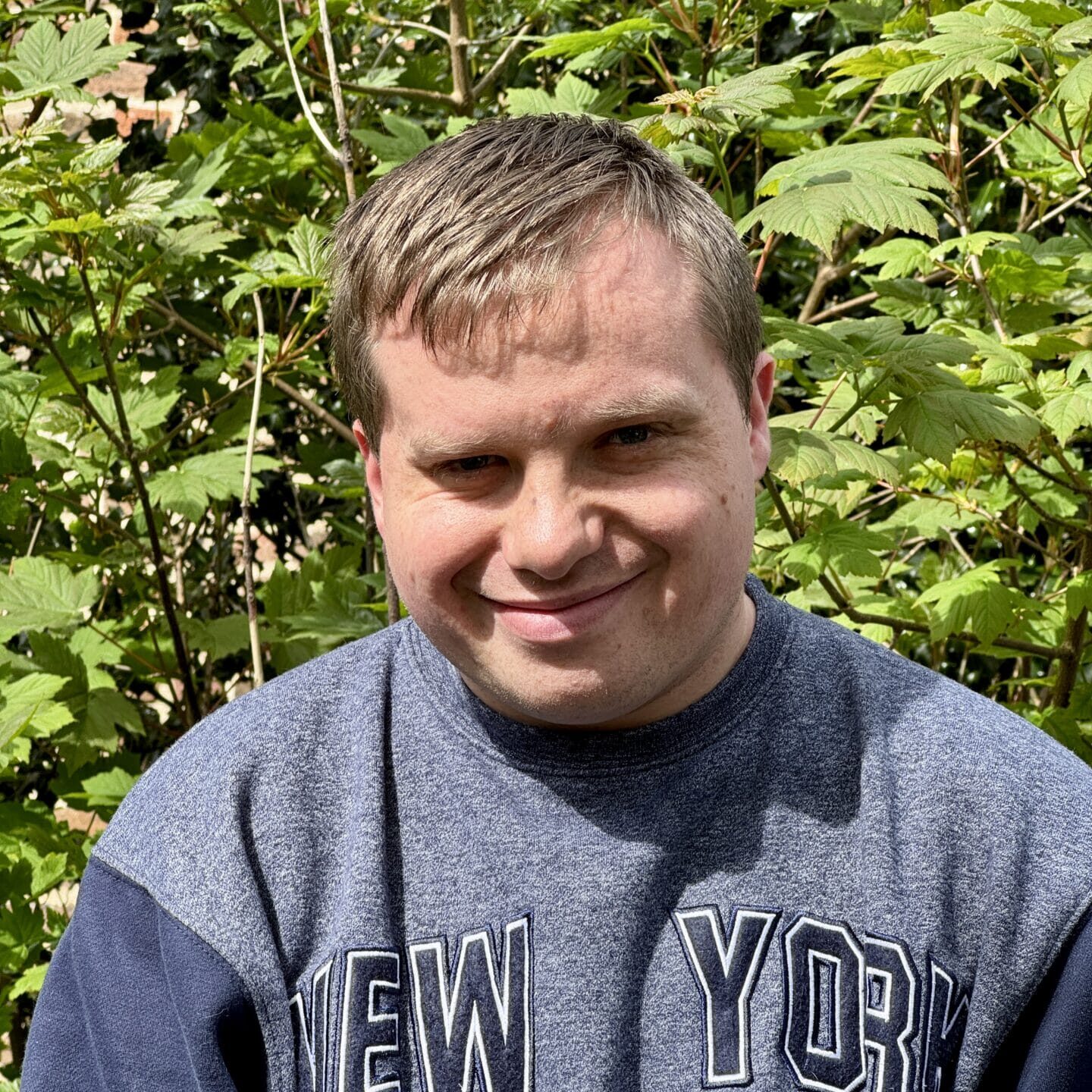
Kai Lovell, 25, North Petherton
Kai lives in North Petherton with his Mum and Dad and brother and attends My Day Care Services 5 days per week. Kai says that he felt confident in making the film and it helped people to understand what it means to die and what death represents.
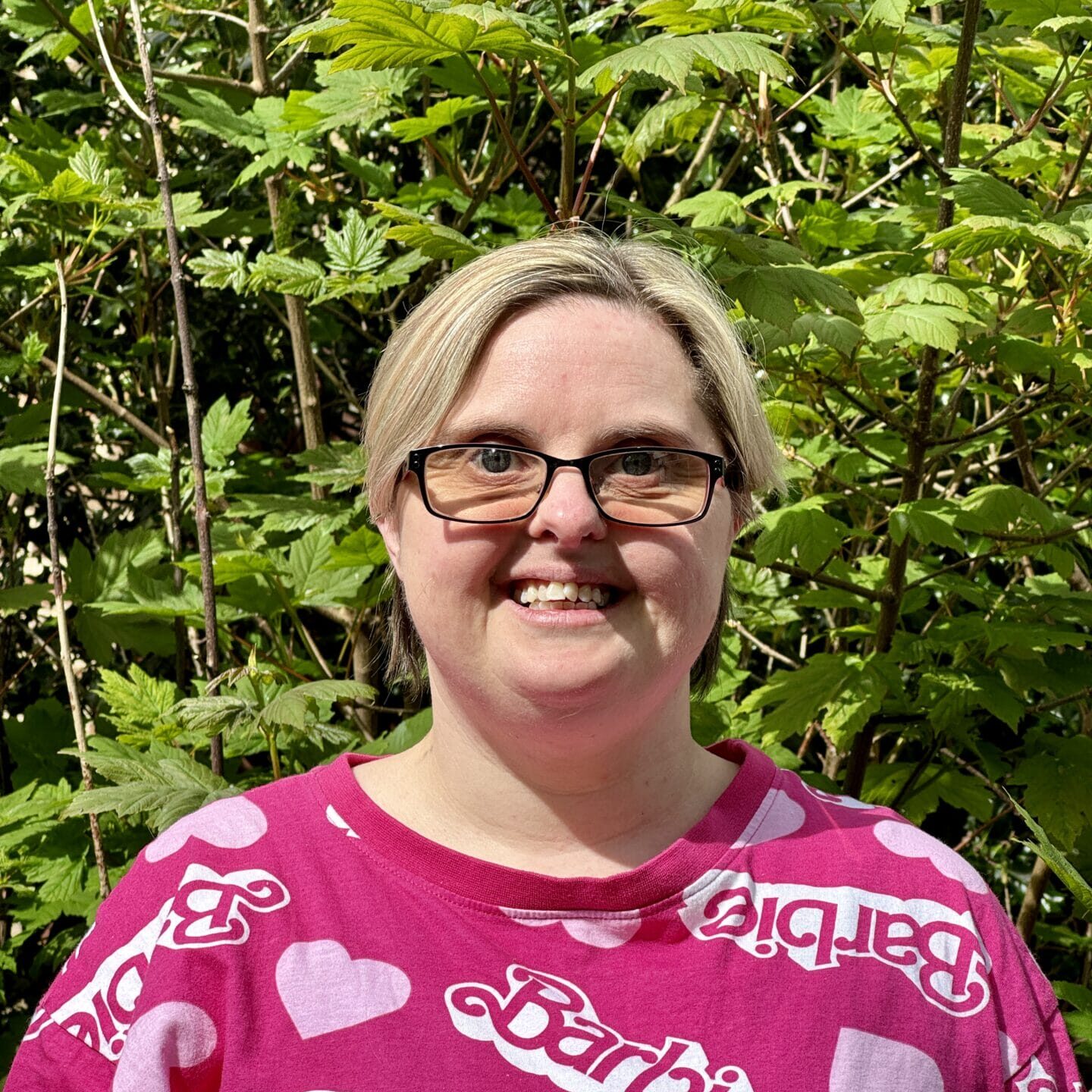
Briony Lane, 39, Taunton
Briony lives with her shared lives carers in Taunton and attends My Day Care Services 5 days per week. Briony says that she enjoyed making the film because she learnt a lot from making the film. Briony says she felt a bit sad making the film, as she finds it hard to talk about death, however she is proud of how she was able to take part.
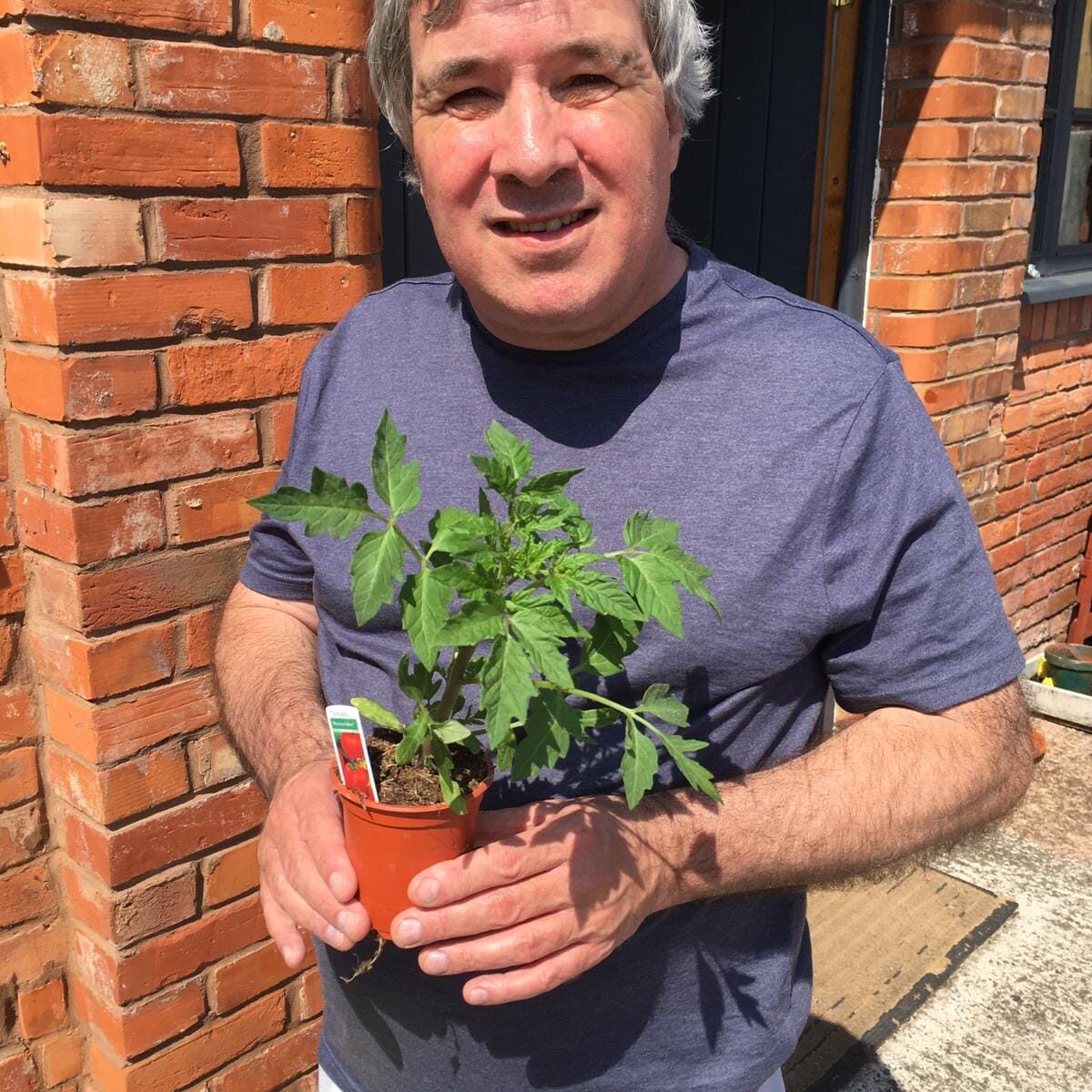
Eric Walsh, 63, Taunton
Eric lives in supported living accommodation. Eric attends My Day Care Services 3 days per week. Eric enjoys My Day Care Services because it focusses him and gives him the chance to spend his day in a meaningful way. Eric enjoyed taking part in the film, he loved being part of a team project.
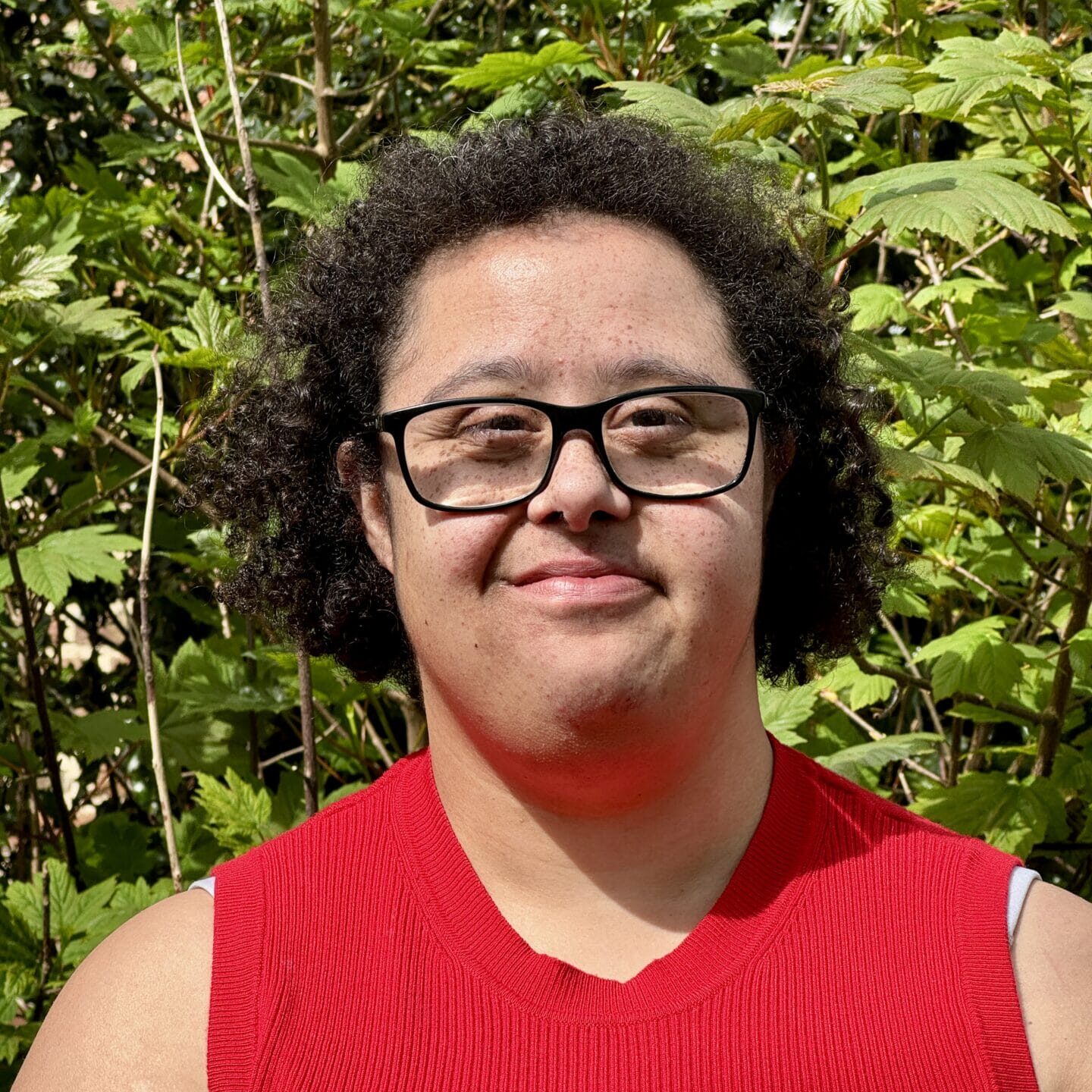
Loretta Brookes, 40, Taunton
Loretta lives with her shared lives carers. She attends My Day Care Services 4 days per week, she enjoys making friends and spending time with them. Loretta loves getting to choose her own activities and how she spends her day.
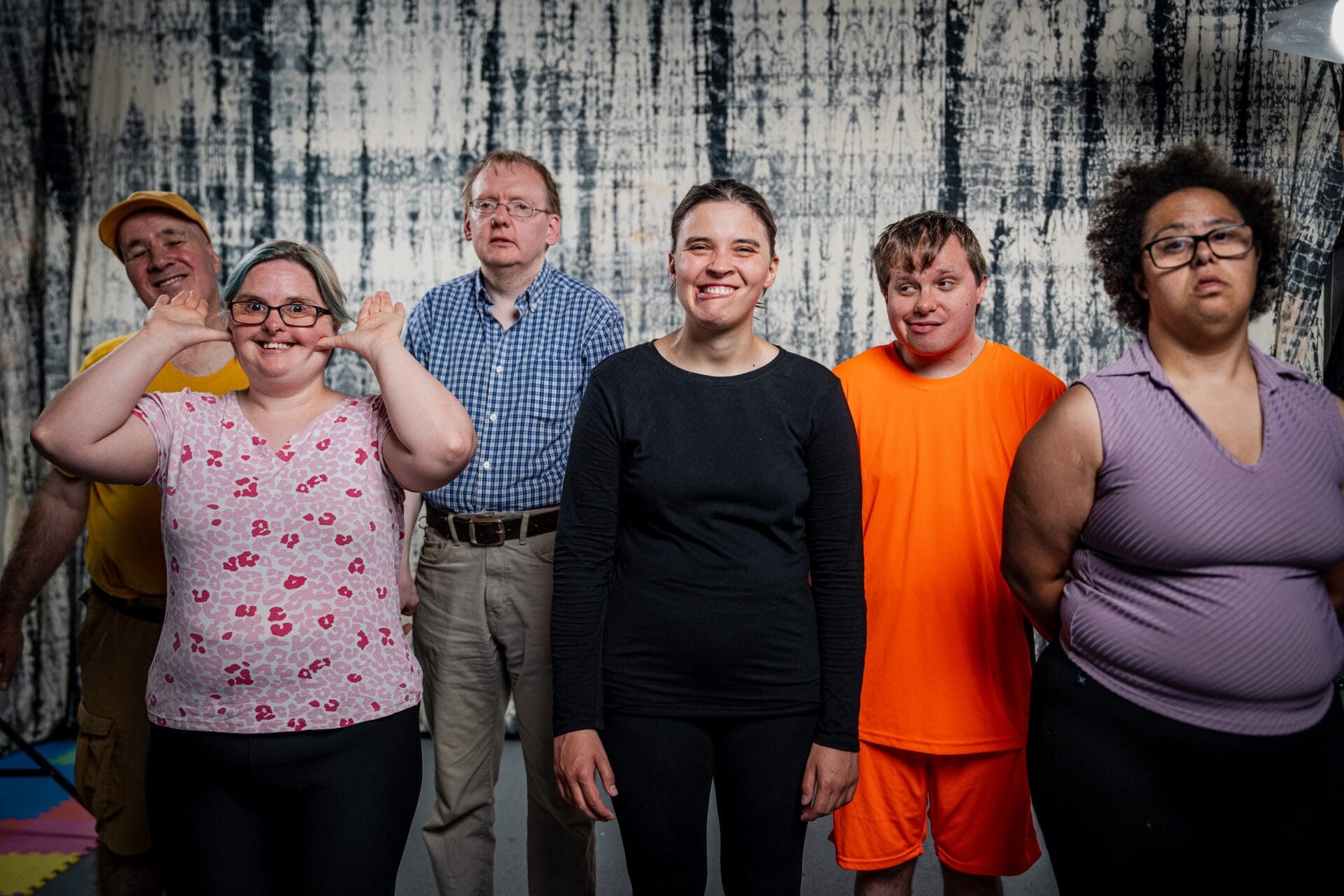
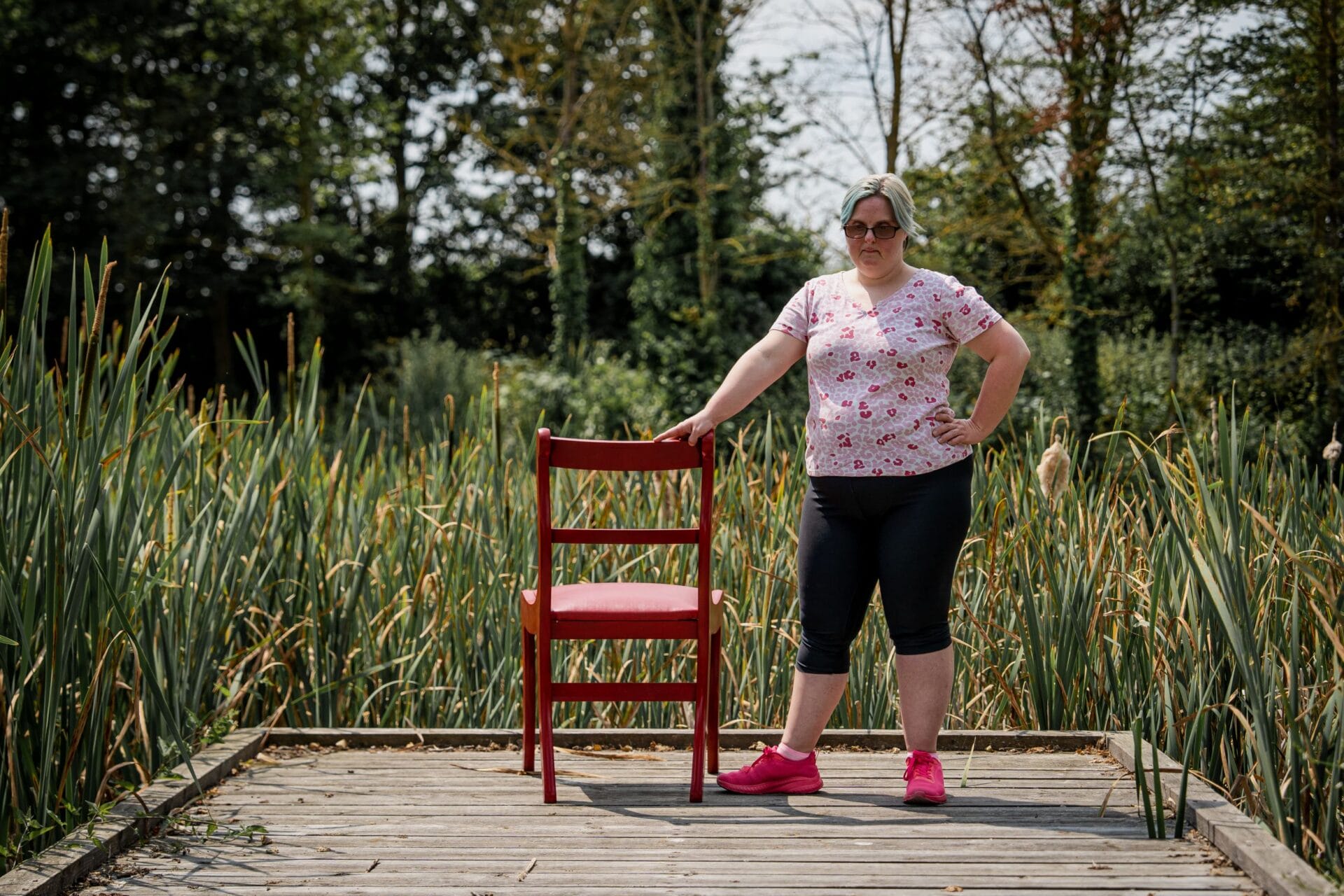
Why did we make the film?
LeDeR – Learning from the Lives and Deaths of People with Learning Disabilities and Autistic People, is a national service improvement programme that aims to improve access to health care, reduce health inequalities and reduce premature mortality. Locally we have reviewed a significant number of deaths of people with learning disabilities and as well as identifying good practice have highlighted areas for improvement. One thing we noticed was how often people with learning disabilities and autistic people were protected from conversations about death and dying. Often done with the best of intentions, this overprotection often meant that it was difficult for people to talk about what was important to them in terms of death, dying and bereavement. We wanted to work with a group of people with learning disabilities to identify what was important to them and encourage others to start a conversation. We believe this film will be a powerful resource for everyone, not just people with learning disabilities to encourage them to engage with what can be a really difficult subject.


